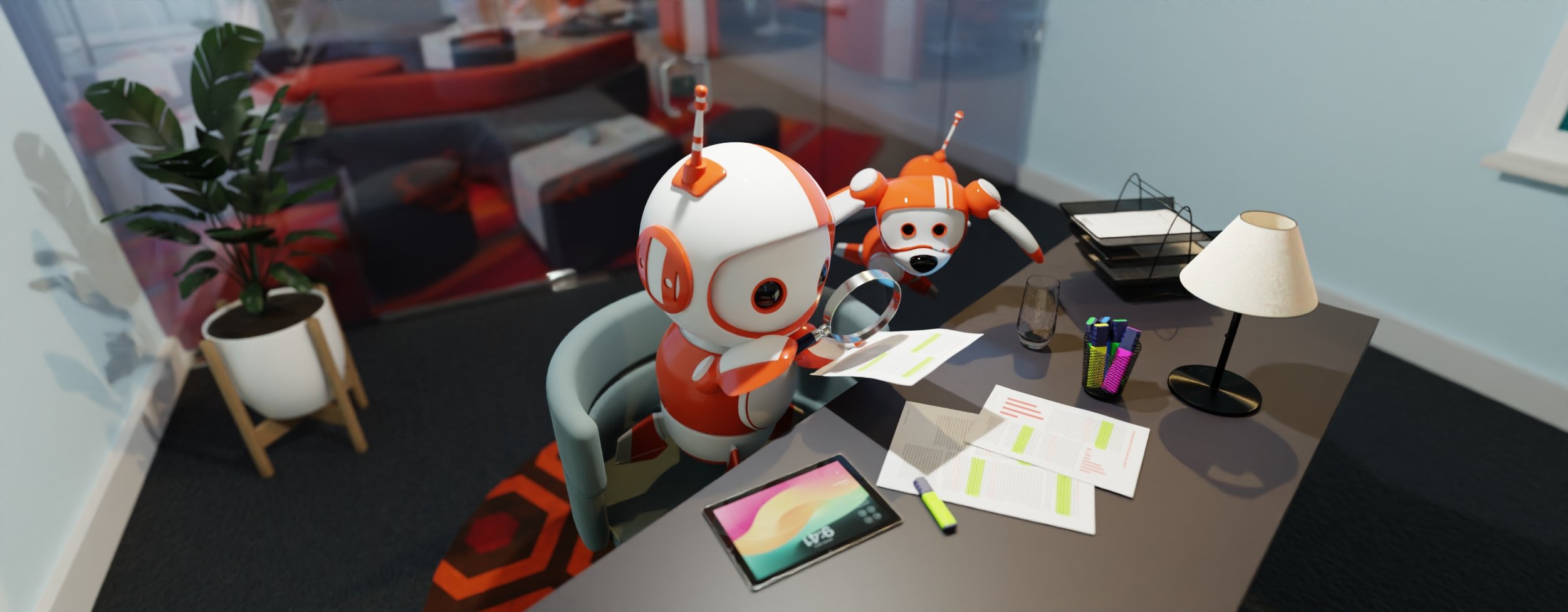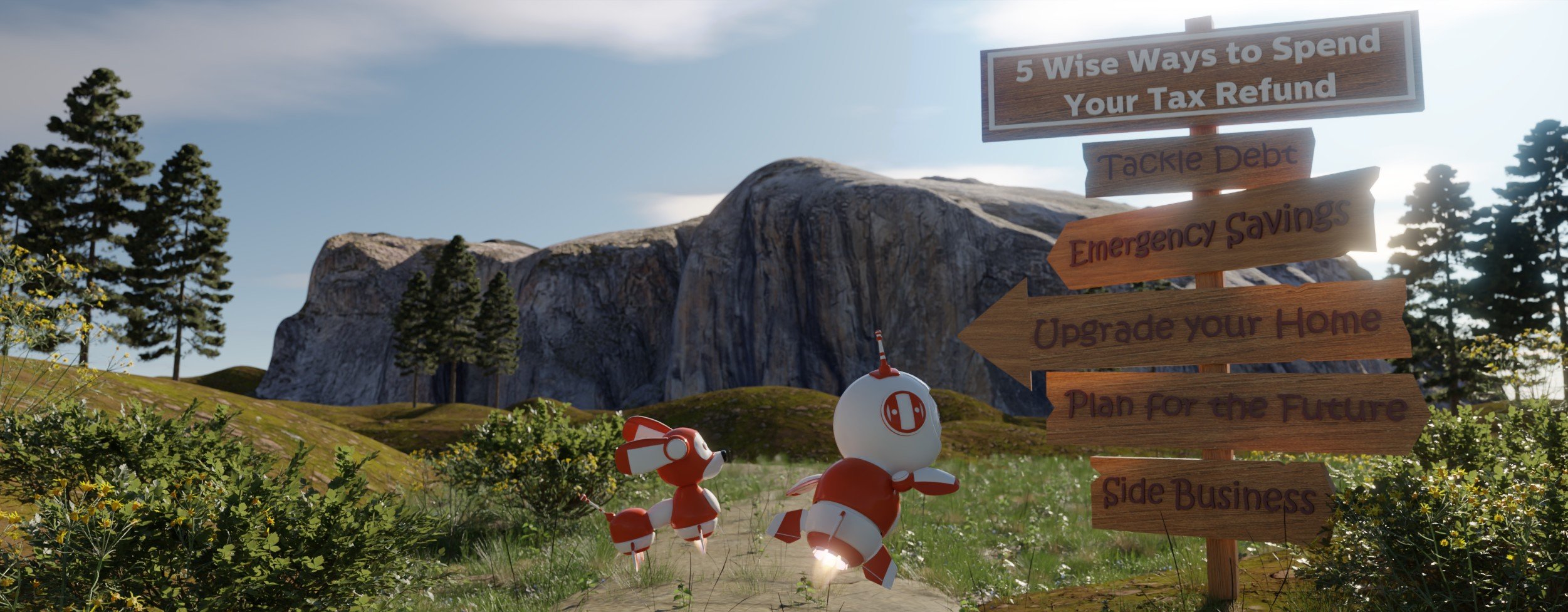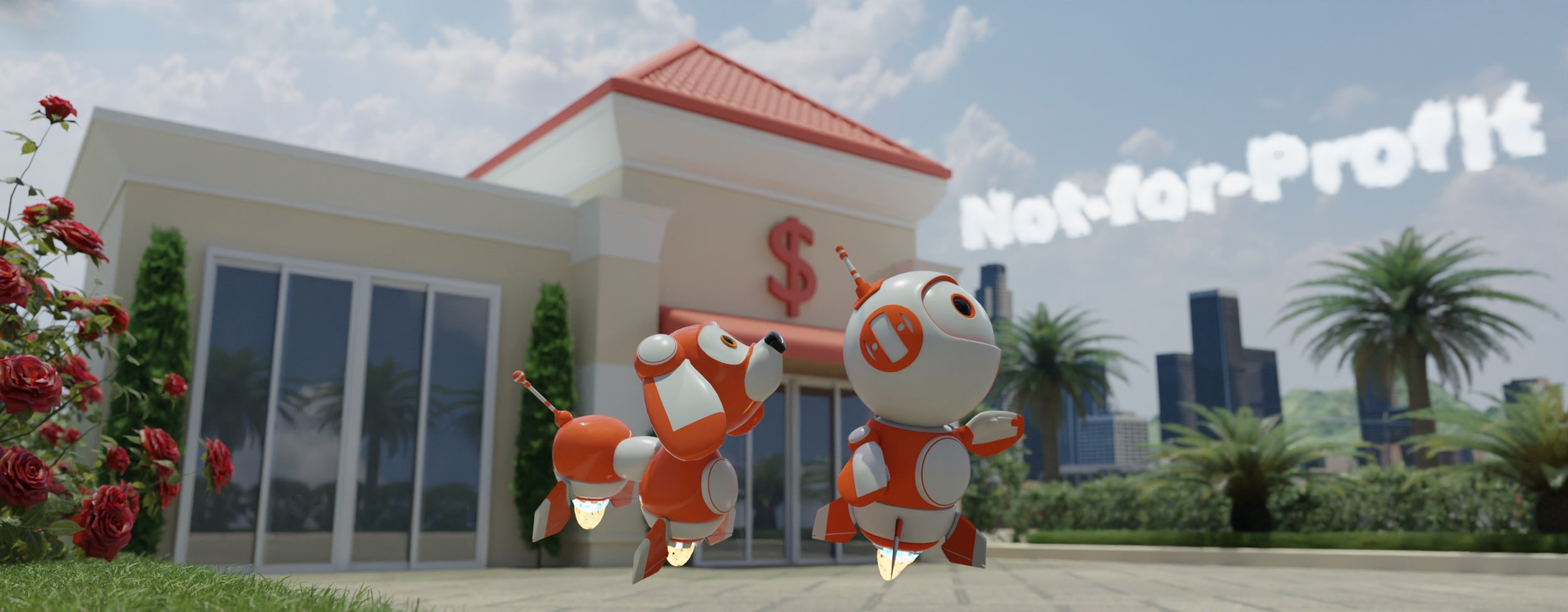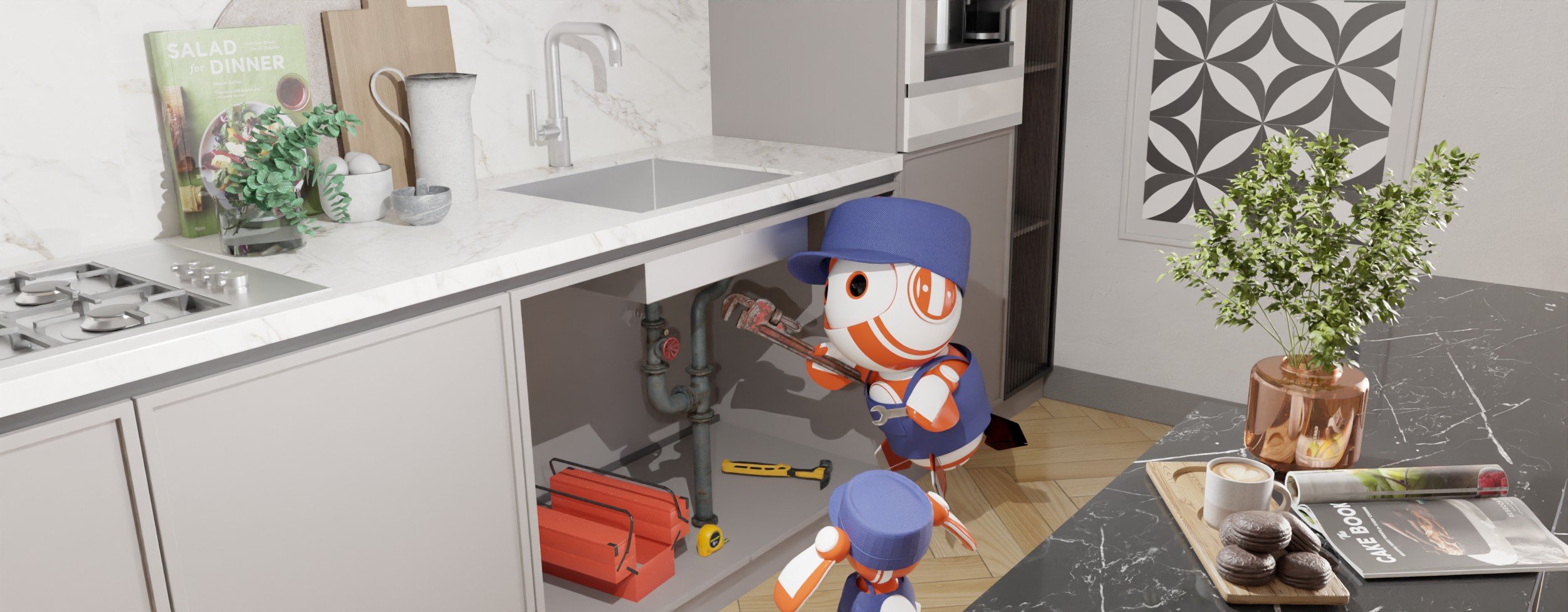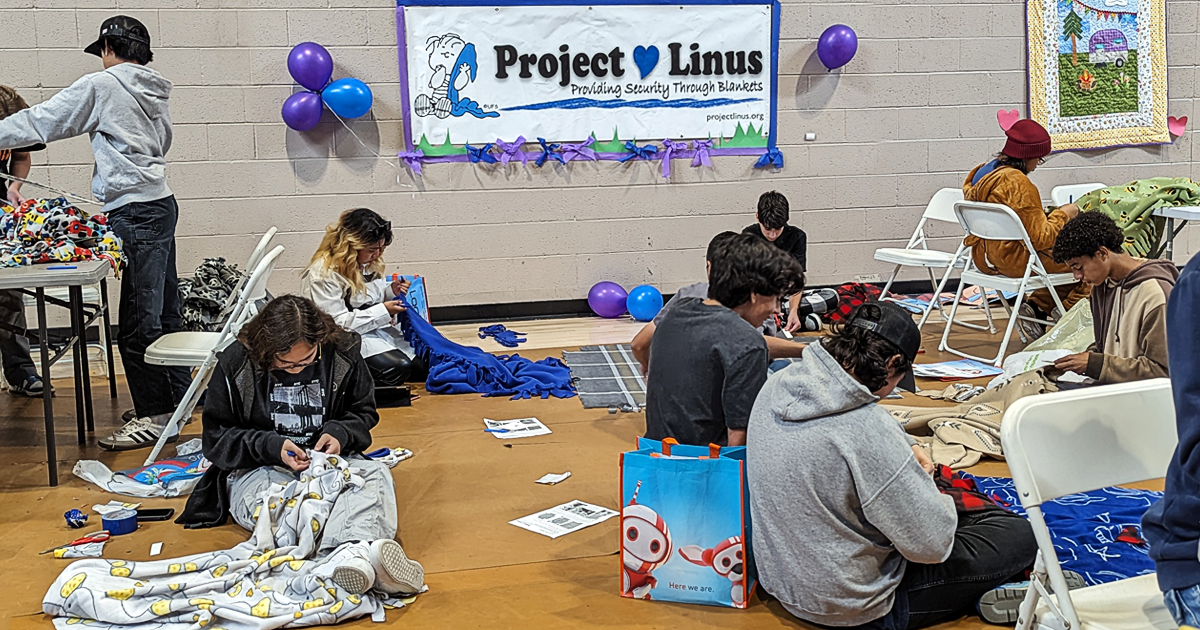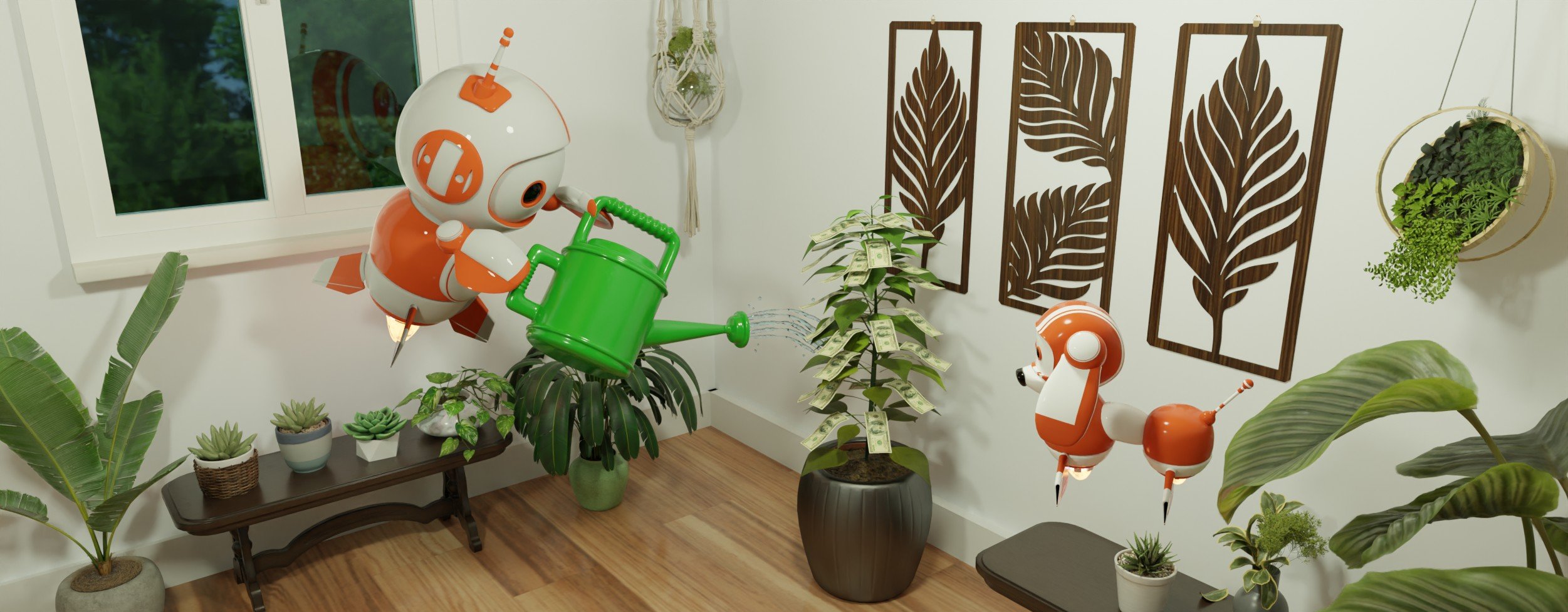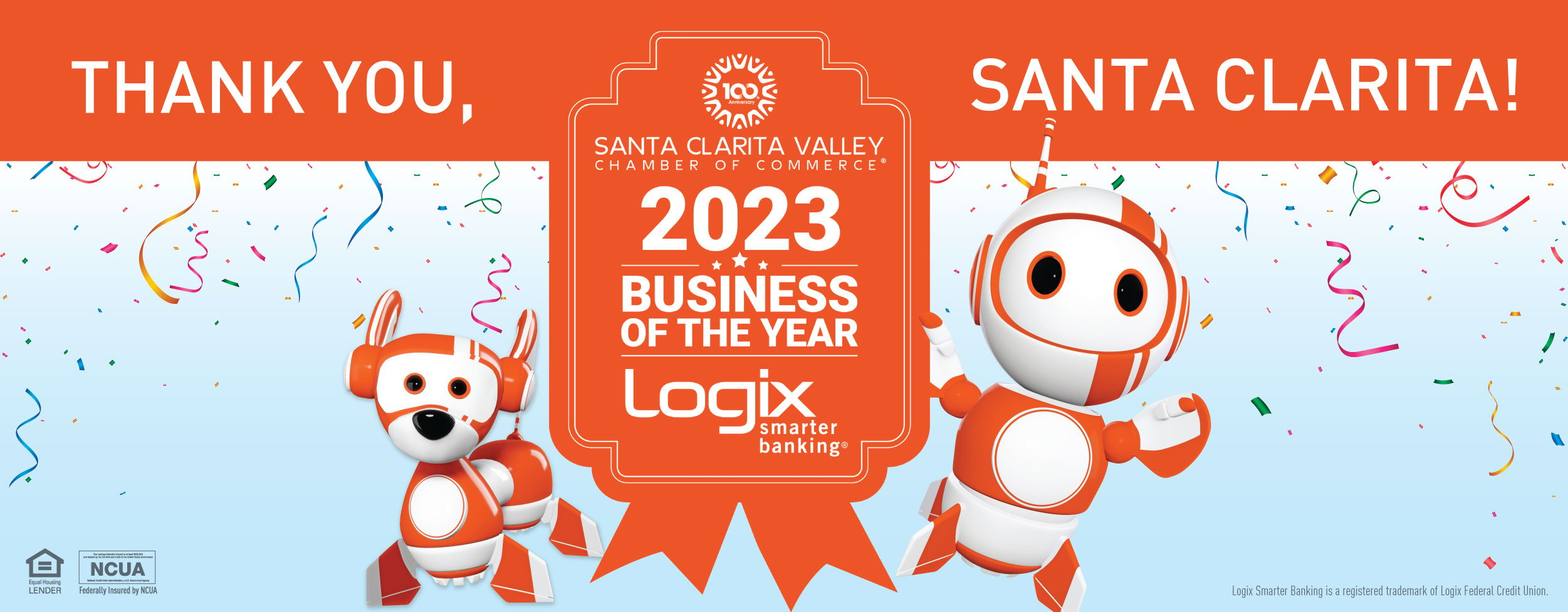 Most decisions aren’t hard. Every once in awhile it feels like they all are. That’s why I like to remember, 99.9% of the decisions we make every day are legitimately not a struggle. Most people aren’t indecisive. Most people most of the time make effective decisions about what they want, from deciding what bagel they want at breakfast all the way up through making major job decisions.
Most decisions aren’t hard. Every once in awhile it feels like they all are. That’s why I like to remember, 99.9% of the decisions we make every day are legitimately not a struggle. Most people aren’t indecisive. Most people most of the time make effective decisions about what they want, from deciding what bagel they want at breakfast all the way up through making major job decisions.
So, when a choice is hard, and sometimes they are, I slow everything down, write it all out, and look specifically not just at the pros and the cons, I look specifically at values and wants.
Don’t get me wrong, a pros and cons list can still be a wonderful thing, and they are often surprising. But, funnily enough, I’ve sat in front of a white board with 6 “pros” listed and only 1 “con,” and still had it be a difficult choice to make, and that’s because that 1 con carried more weight. That’s why I instead put my focus on values and wants. Because difficult decision making usually comes with what I want is in conflict with the values I try and live my life by. And those decisions can feel completely paralyzing and overwhelming.
The hardest purchasing decisions I personally have to make are about personal enjoyment. I’m someone who deep down values hard work, and some of my happiest times are on work projects that have gone well. So, it’s relatively painless for me spend thousands of dollars are work equipment and supplies, out of pocket, if it moves me forward in my career.
But I have had to actively work to value non-work fun. Trips. Renting fun things on a day off with friends. Decorations from the home. Some of these purchases have been a real struggle for me, and the reason was that my innate value system conflicted with what I wanted in that moment.
The freedom comes from recognizing that. Because our innate value systems can grow if we are conscious of them, pay attention to them, and practice new behaviour. As a child, we didn’t have sharing as a value, we had to be taught that. As an adult, I didn’t have “leisure time” as a value, so I had to teach myself that value, with a ton of help from my girlfriend and friends.
A pros and cons list is a good start. But chances are, if you are really struggling with a decision, you are already past that level of thinking. Try a values and wants list. “What are my values about furniture” and “why do I want this new couch” are great questions to ask when you are standing in Ikea trying to decide if you are willing to spend thousands of dollars on a new couch when you’ve got a perfectly good couch at home. Maybe you’ll realize that you value “having a nice home” a lot, and it’s worth it. Maybe you’ll discover you value “saving for the future” and decide not to. But know what the values are that apply to the decision will help, I promise.
And it will especially help you be comfortable with the decision, once you’ve made it.



